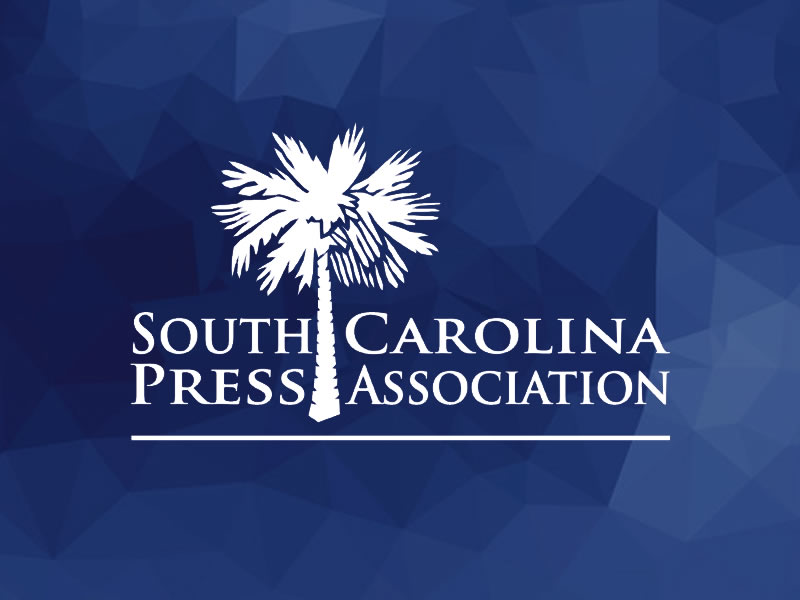Libraries of all kinds continue to be engines of learning, literacy, and economic development in communities nationwide. Americans are acting on their conviction that school library media centers are a key element in delivering the kind of education the next generation needs in order to succeed in a global society, and public libraries are redoubling their efforts to serve linguistically isolated communities.
New studies provide solid evidence that the nation’s public libraries are engines of economic growth, contributing to local development through programming in early literacy, employment services and small-business development. Other studies show that libraries provide an excellent return on investment, have a measurable positive impact on the local economy and contribute to the stability, safety and quality of life of their neighborhoods.
Teenagers are regular users of public library services. Almost all the nation’s public libraries now offer programs tailored to the needs and interests of young adults, and more than half employ at least one full-time staff equivalent in this area, a sharp increase in the past decade.
Computer and on-line games have also become part of the mix at many public libraries, and some use gaming to attract new patrons. “Libraries’ response to gaming is just another indication that the profession is alert to the needs and desires of its patrons and is aware of the ways in which this interest interconnects with more traditional services, now and in the future,” said ALA President Loriene Roy.
The full text of the 2008 State of America's Libraries is available at www.ala.org/2008State.


